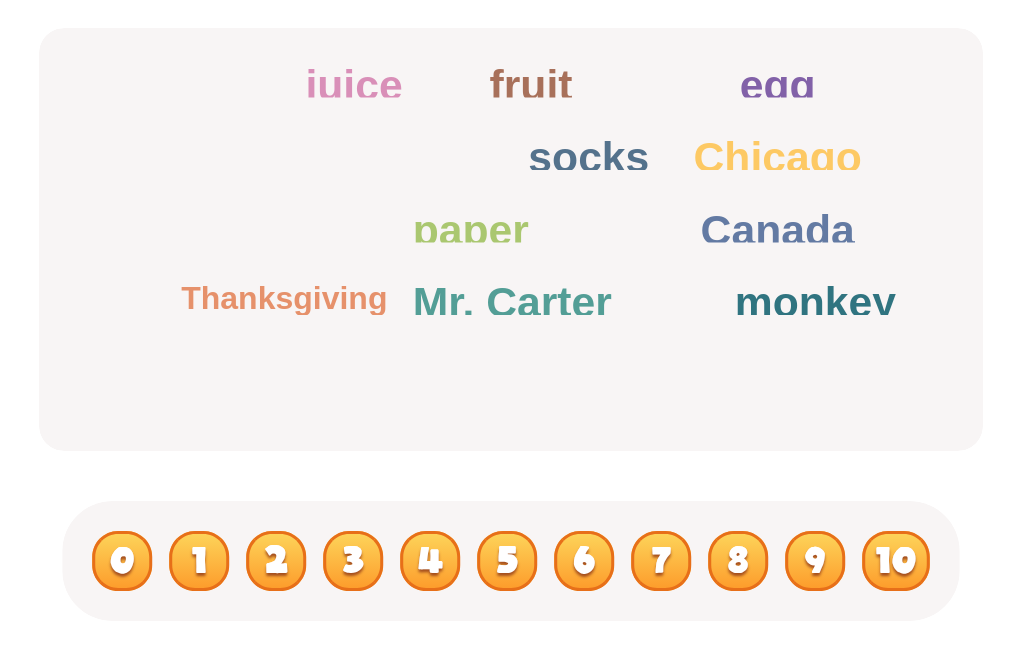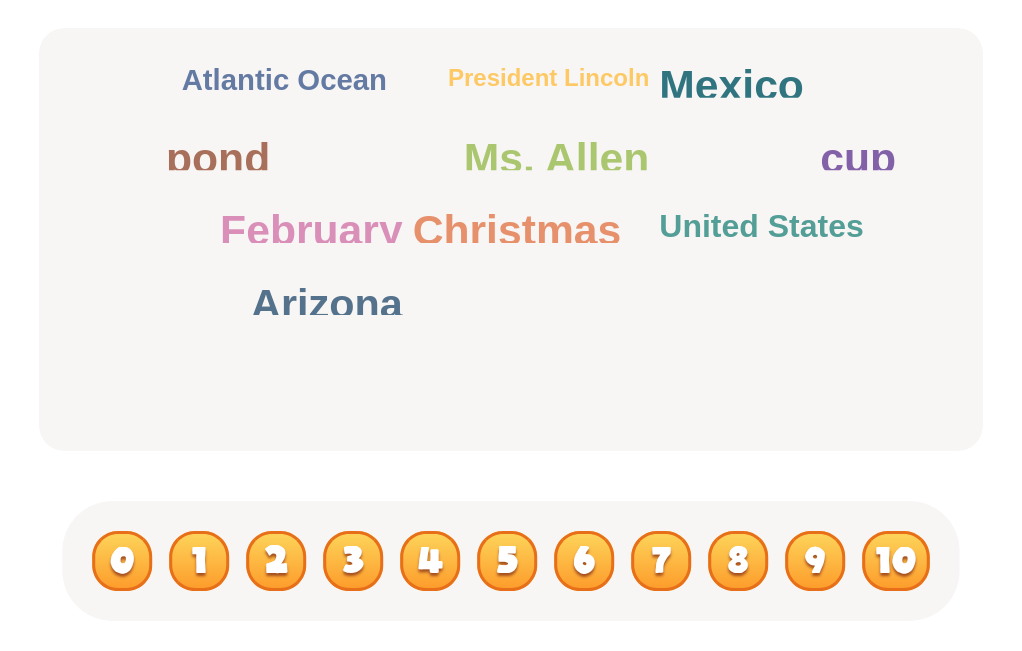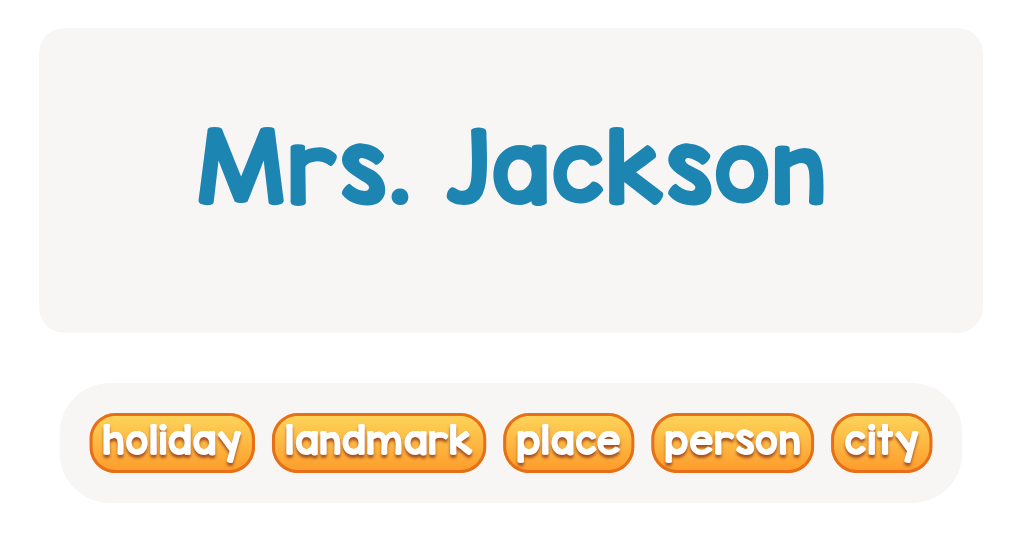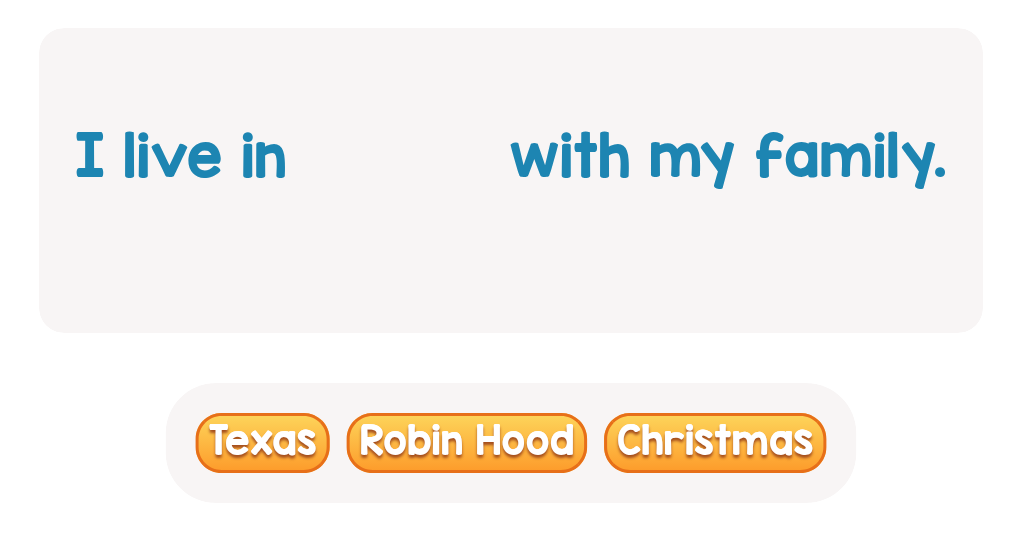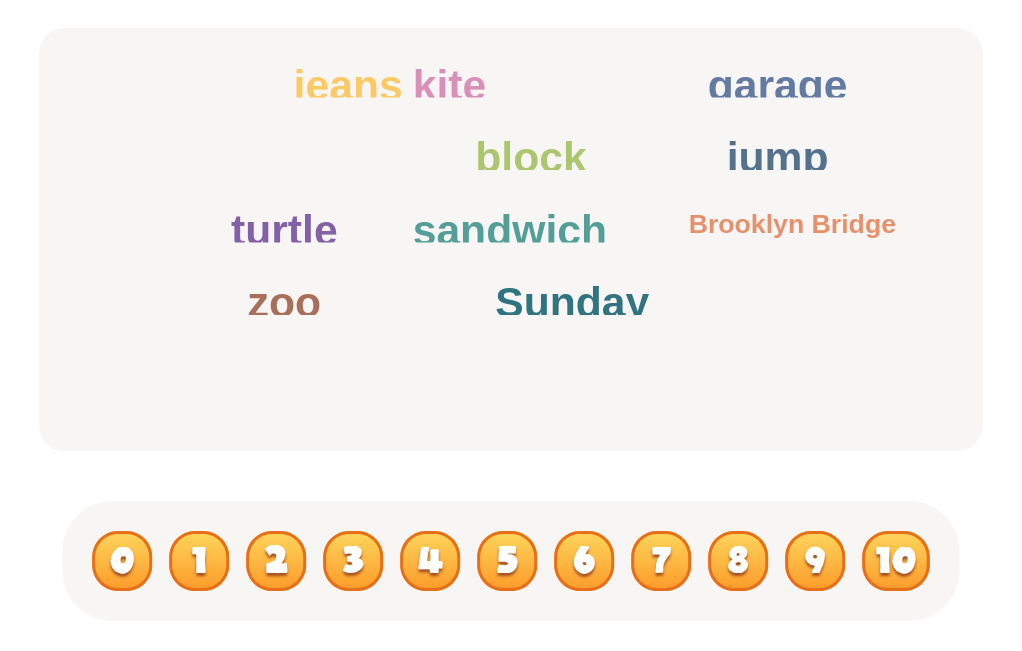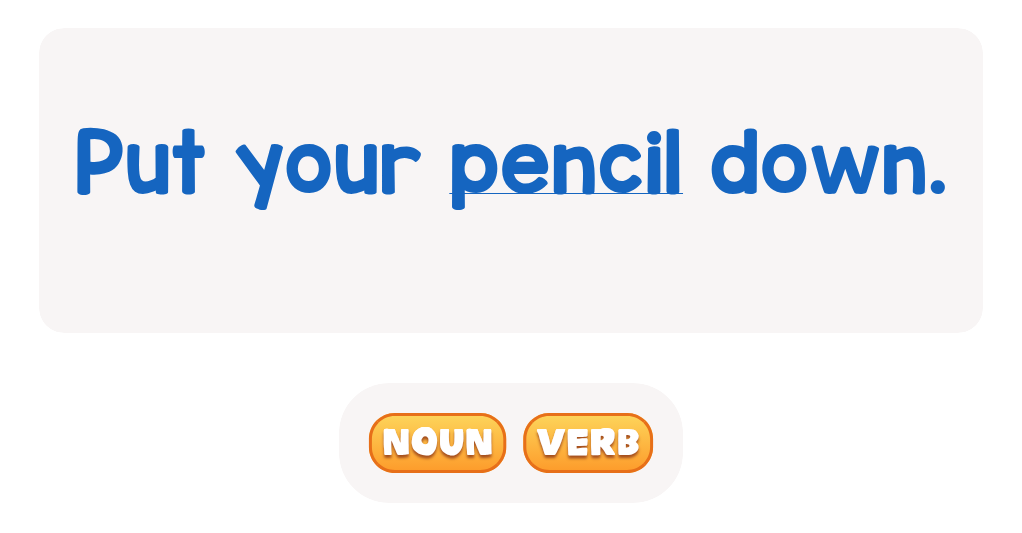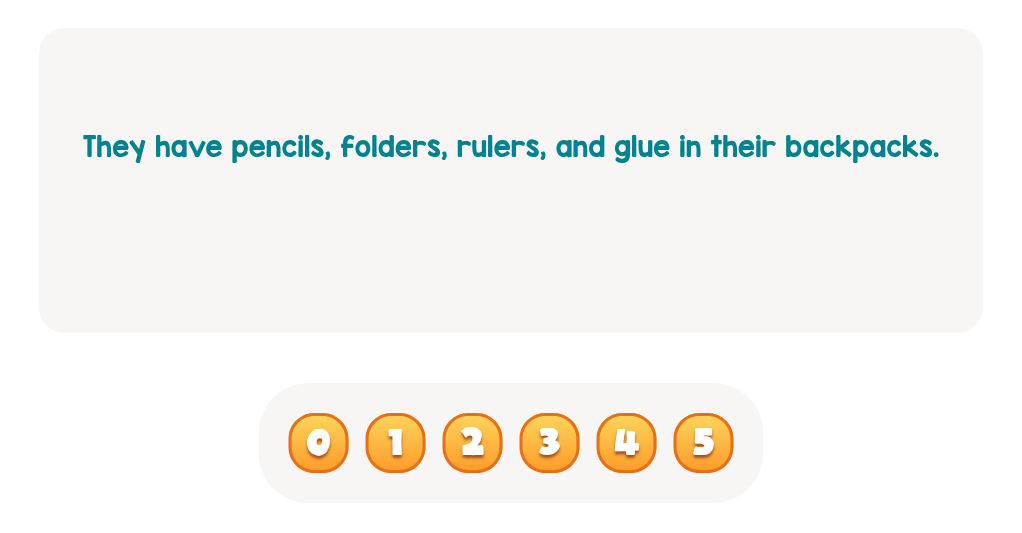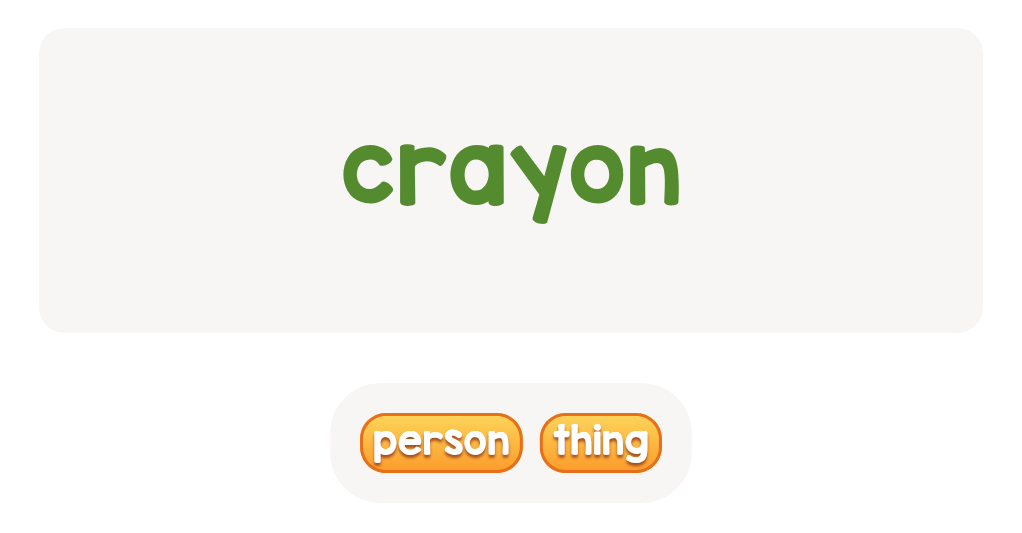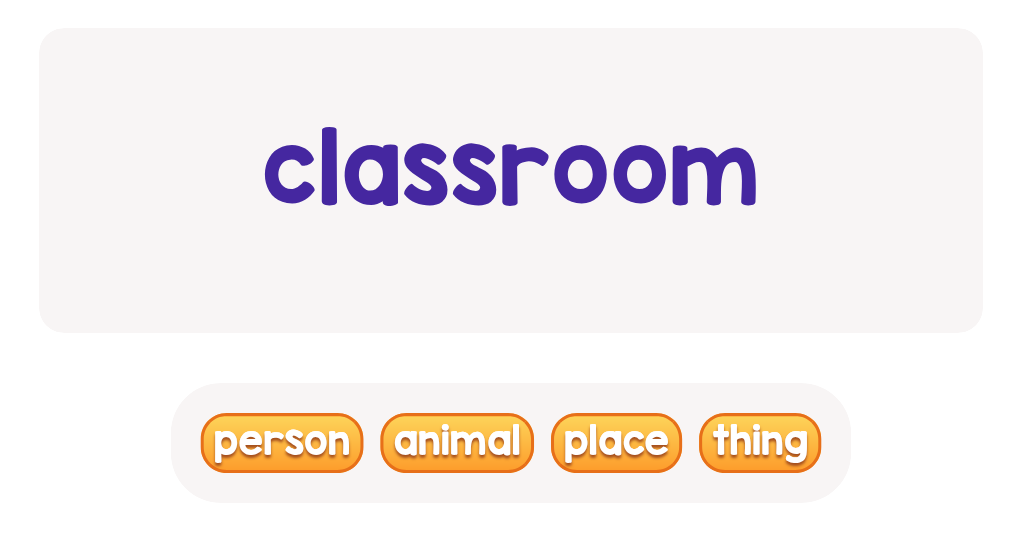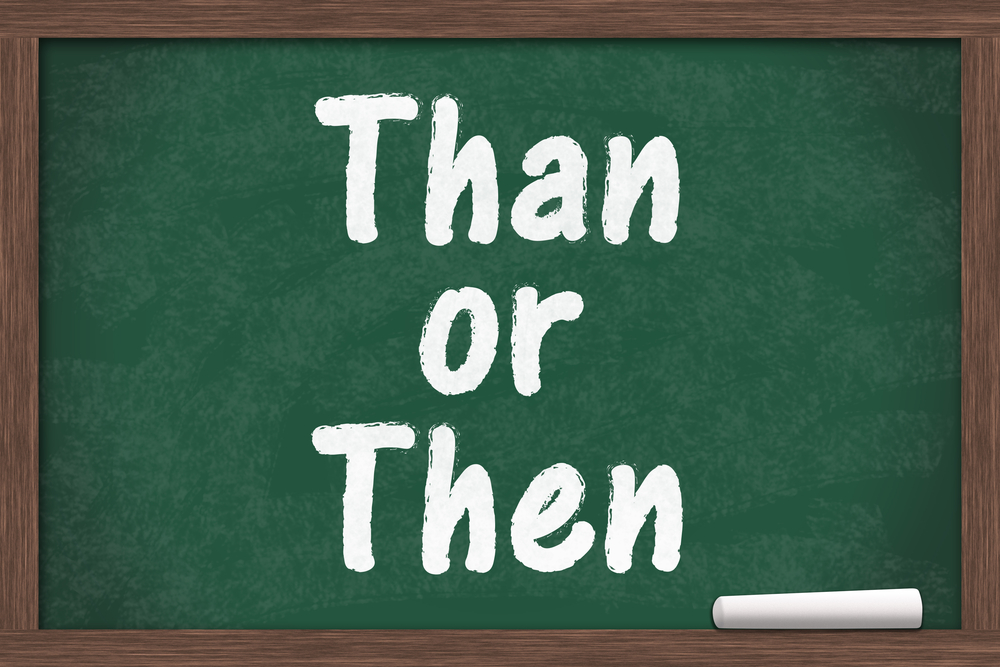Vocabulary expansion Grammar Worksheets for 4-Year-Olds
22 filtered results
-
From - To
Our "Vocabulary Expansion Grammar Worksheets for 4-Year-Olds" are designed to make early language development engaging and fun. Through a variety of hands-on activities, children are encouraged to explore new words, enhance their grammar skills, and improve their overall language proficiency. Each worksheet is created by education experts, ensuring age-appropriate content that fosters curiosity and a love for learning. These resources not only bolster vocabulary but also aid in understanding sentence structure and proper grammar usage. Perfect for both at-home learning and classroom settings, our worksheets provide a strong foundation for future language success.
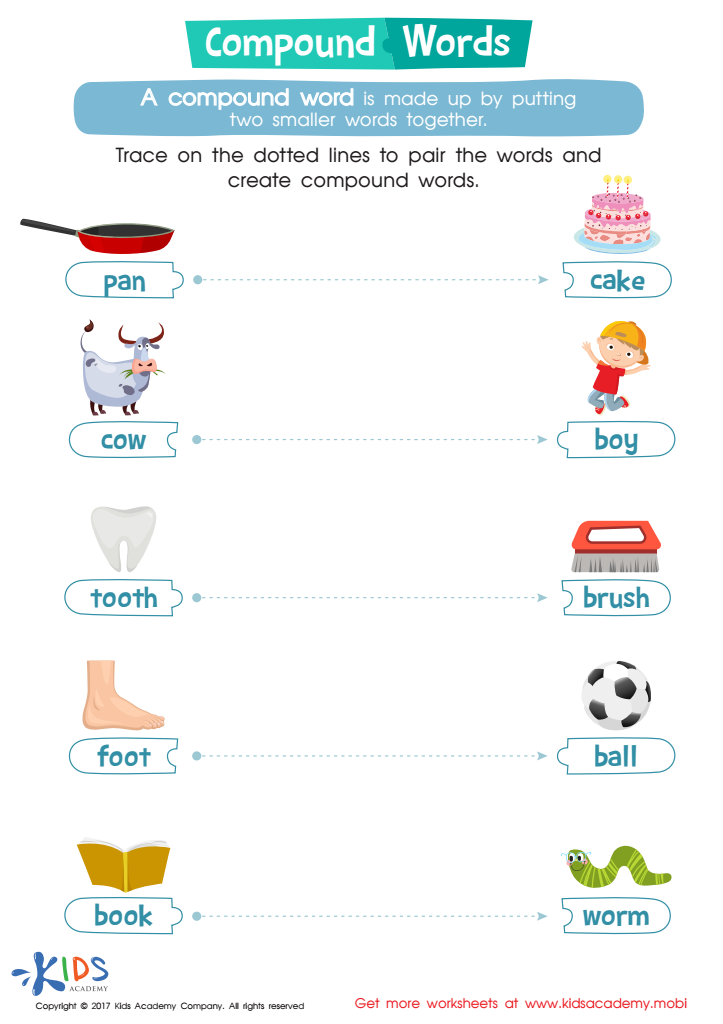

Compound Words Word Structure Worksheet
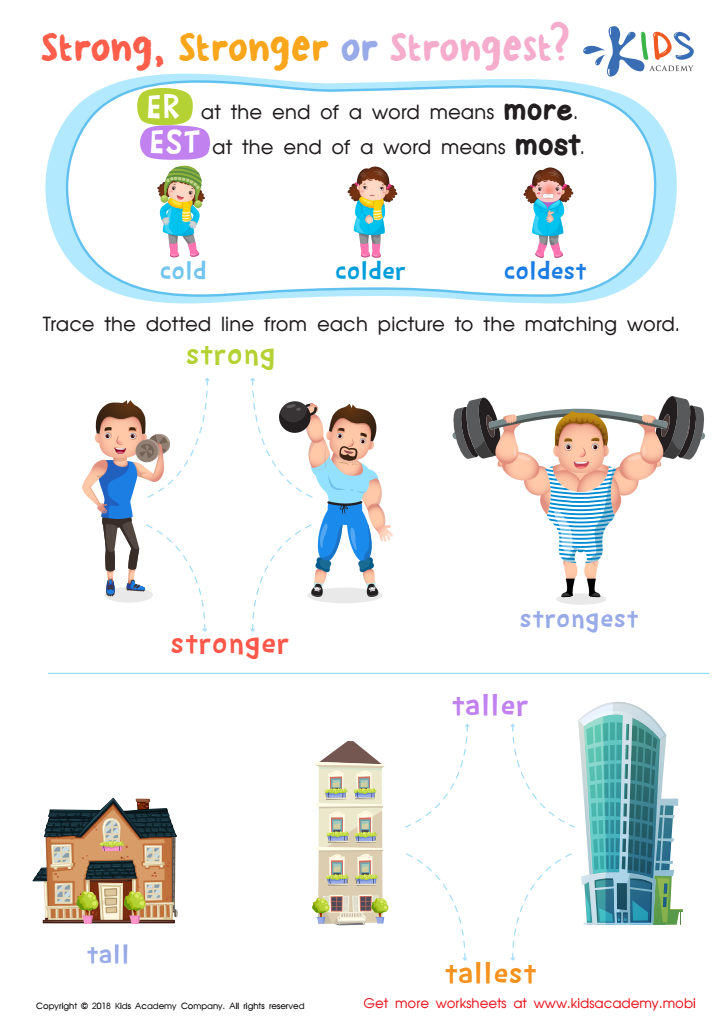

Strong or Stronger? Worksheet
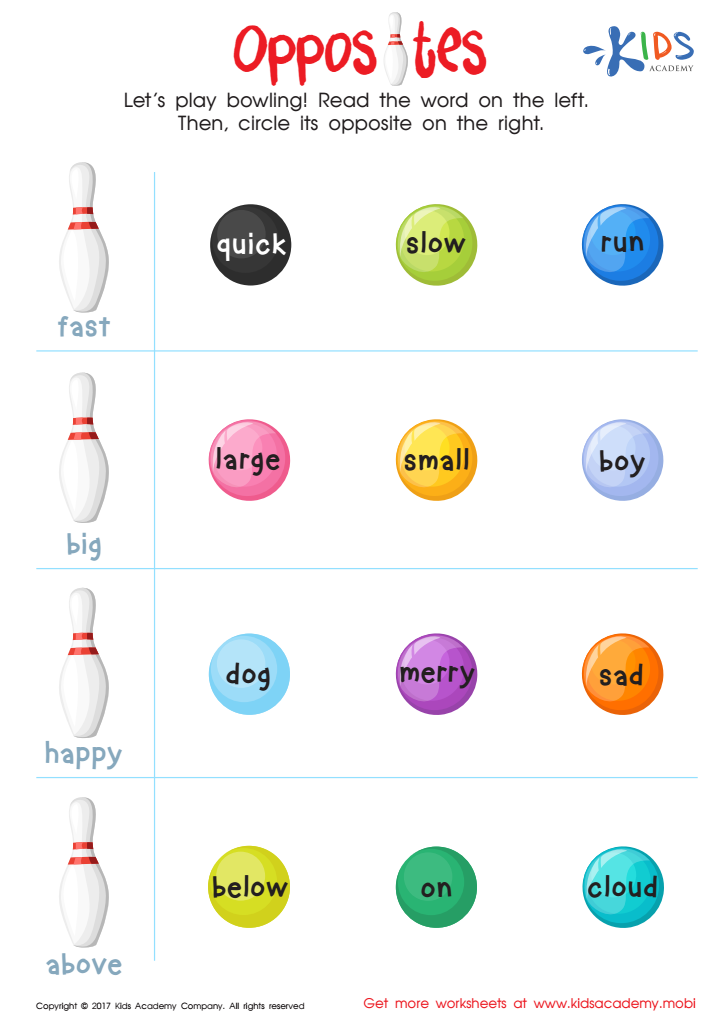

Opposites Worksheet
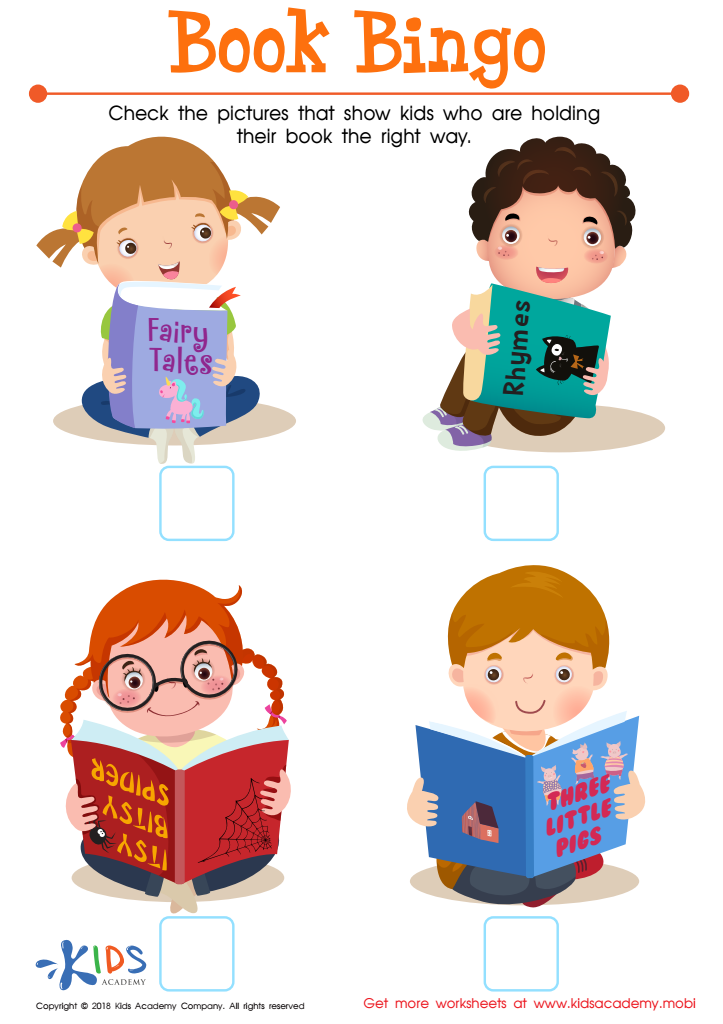

Book Bingo Worksheet
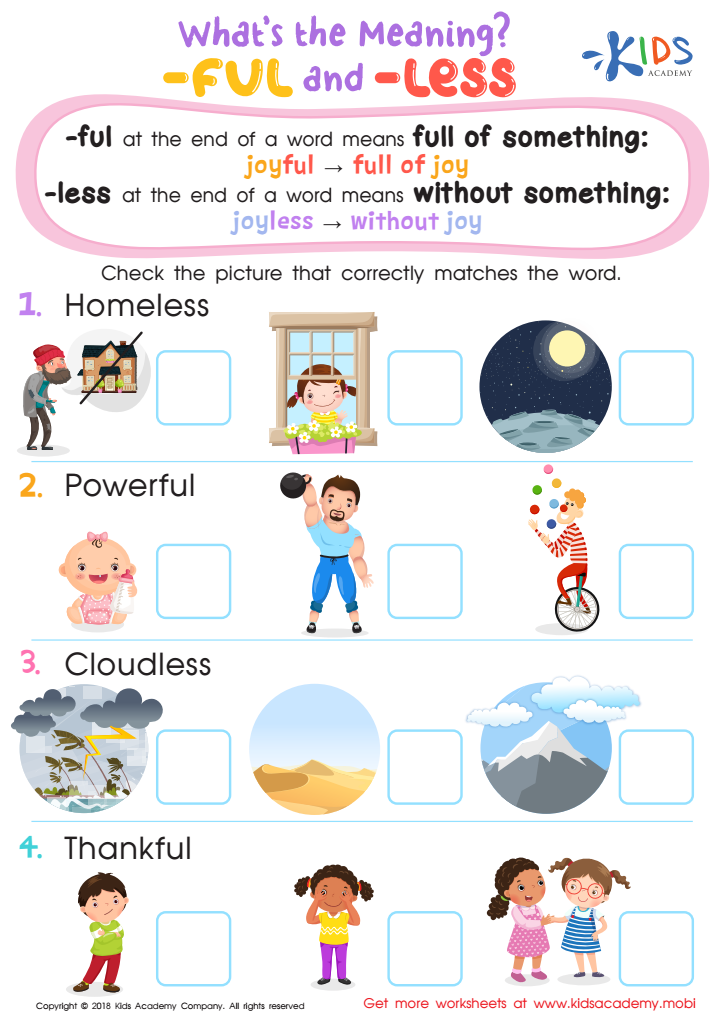

What's the Meaning? Worksheet
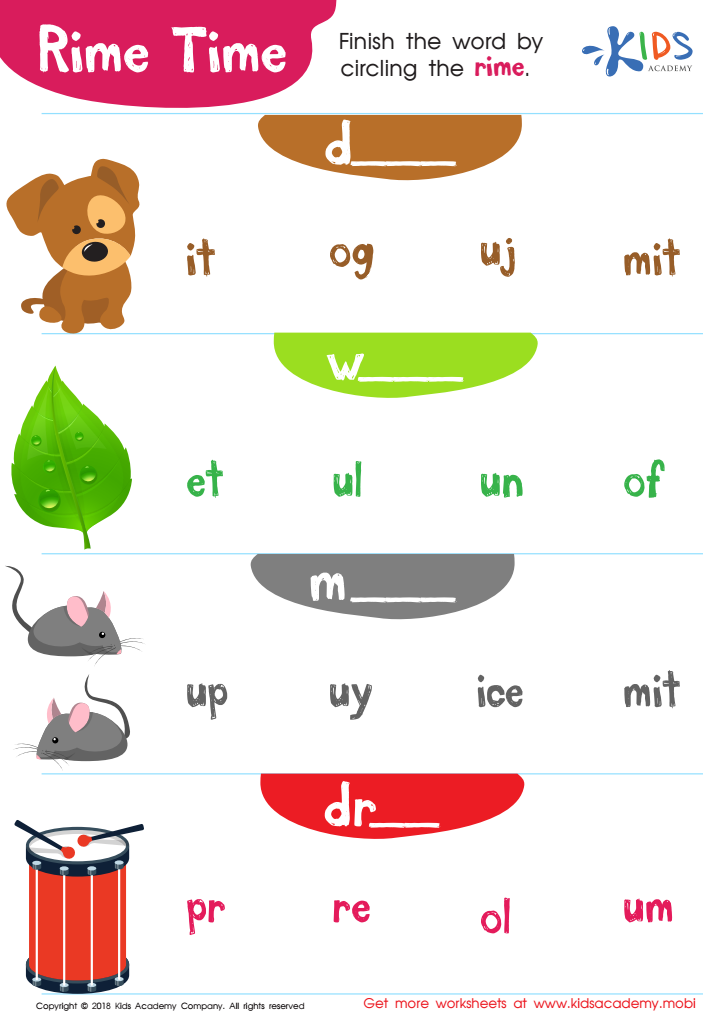

Rime Time Worksheet
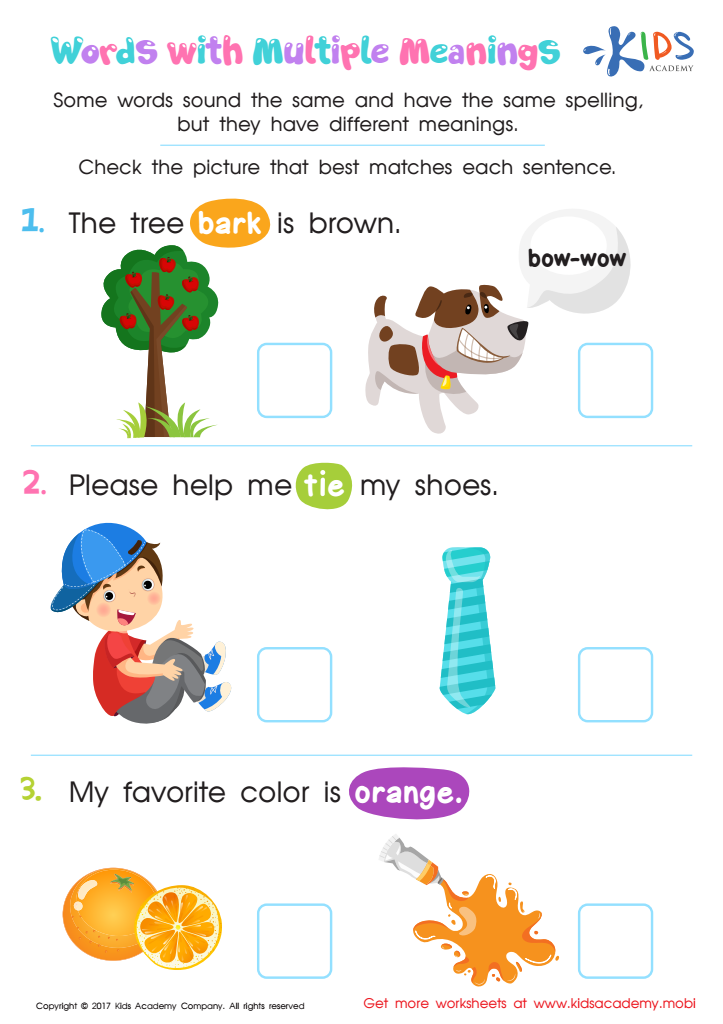

Words with Multiple Meanings Worksheet
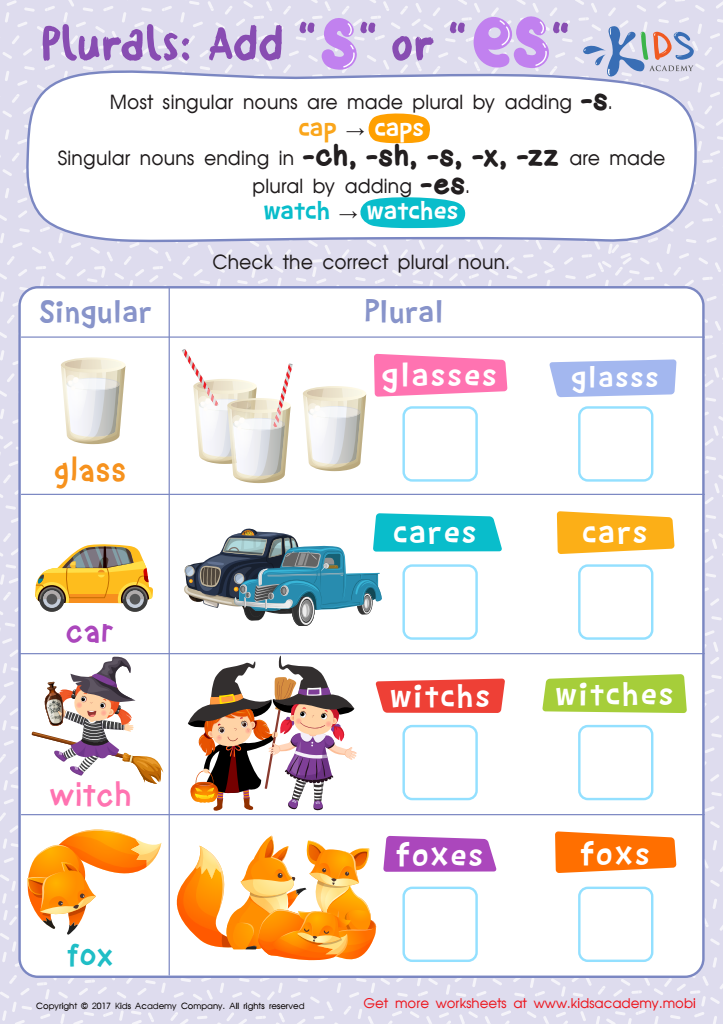

Plurals: "–es" or "–es"? Worksheet
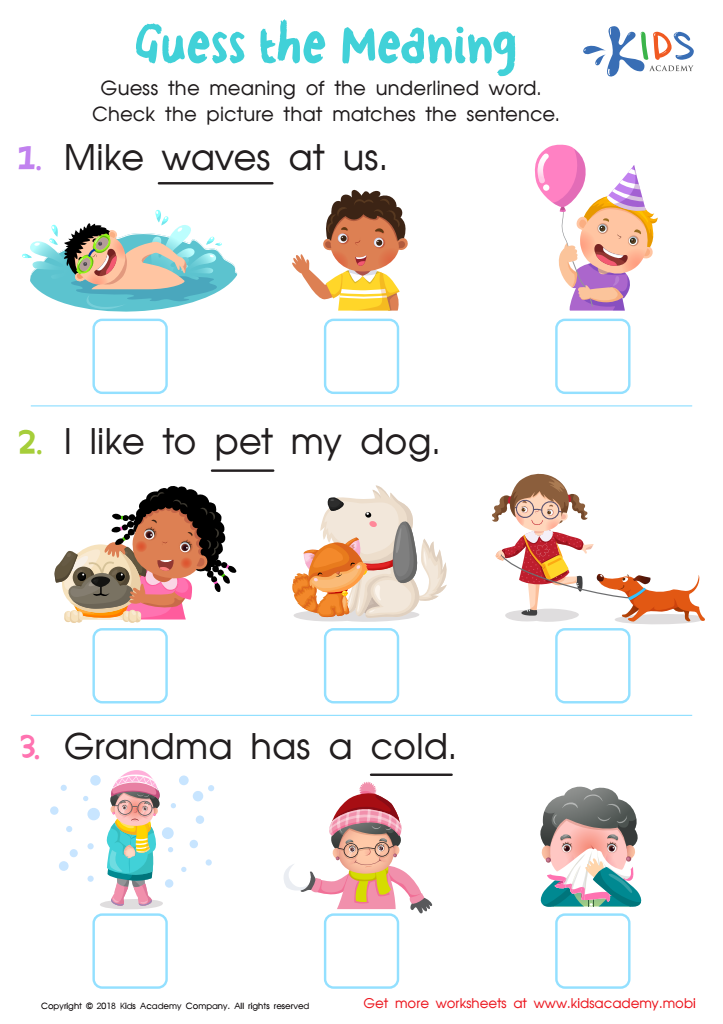

Guess the Meaning Worksheet
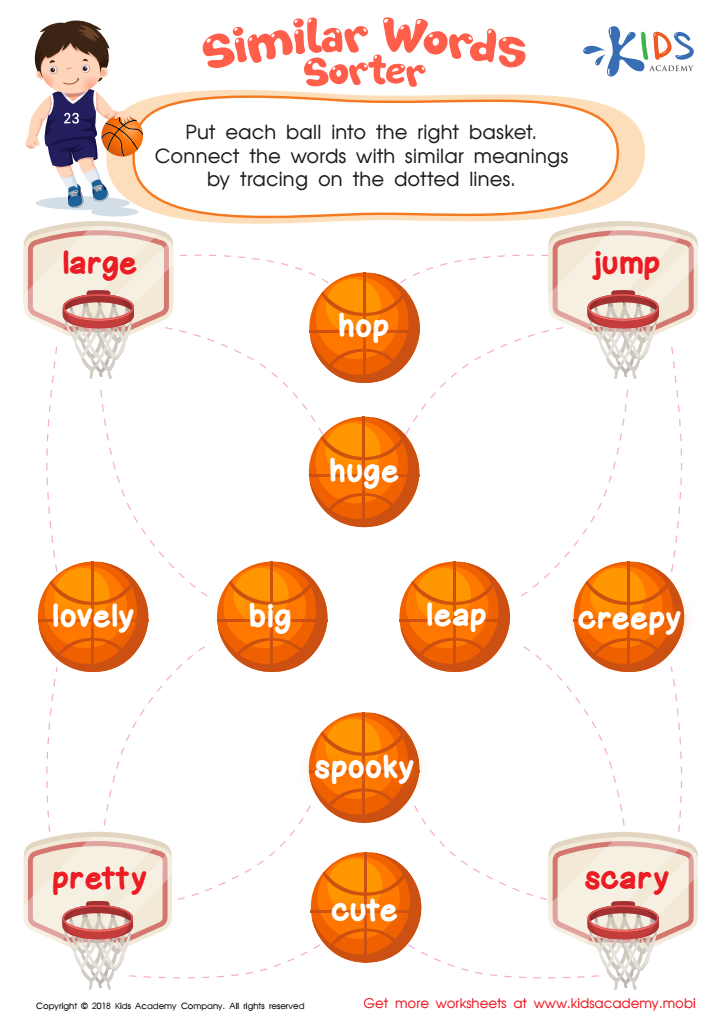

Similar Words Worksheet
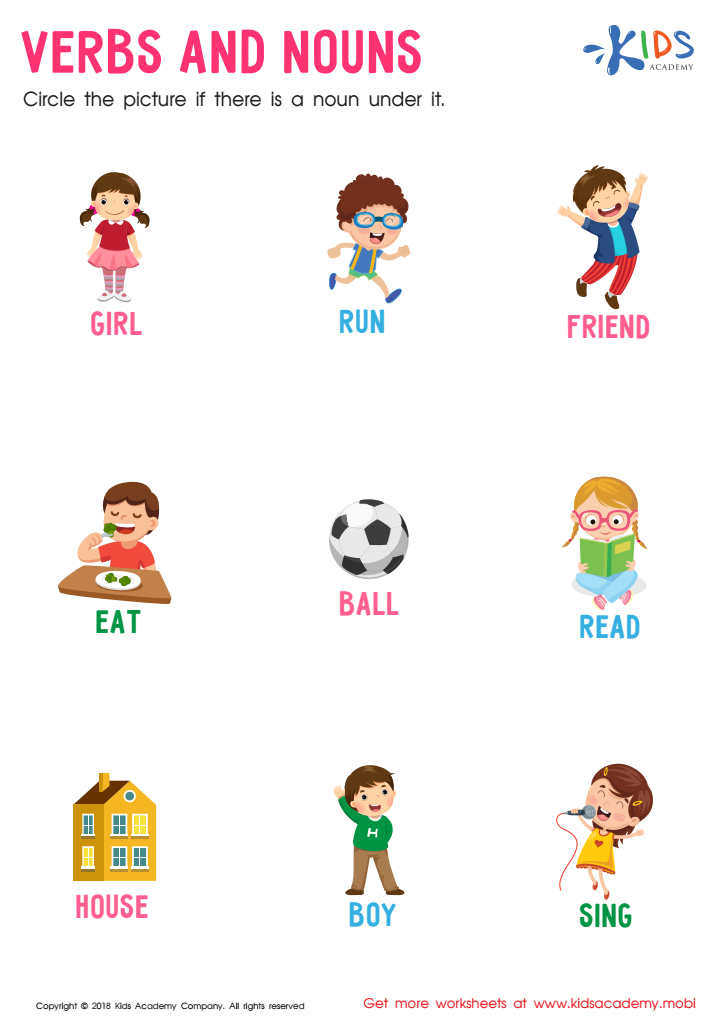

Verbs and Nouns Worksheet
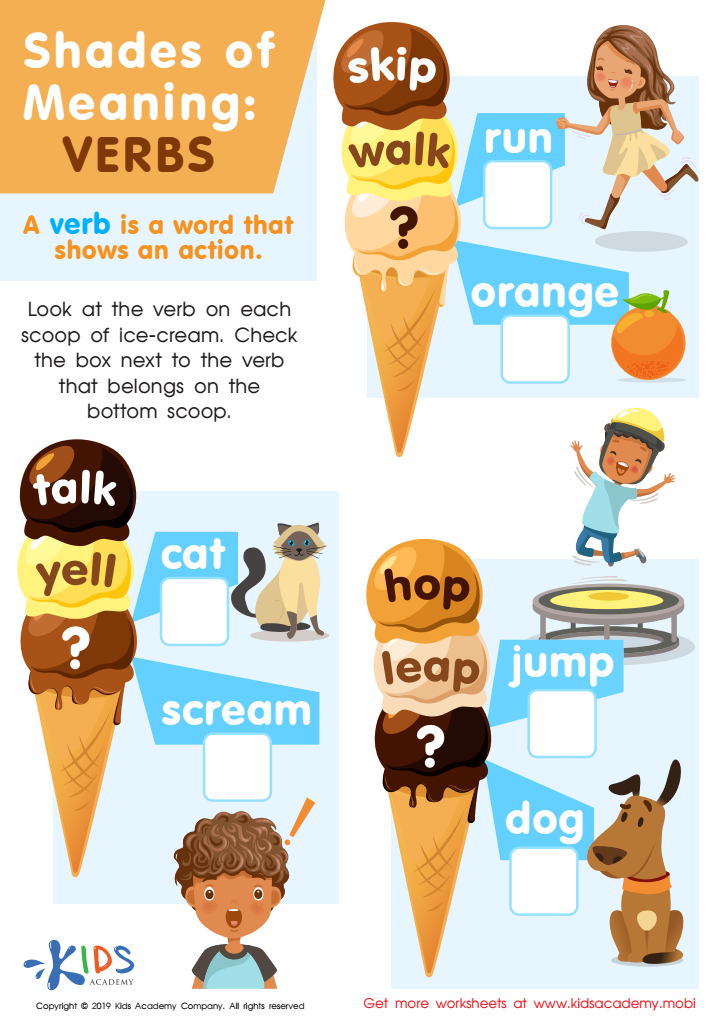

Shades of Meaning: Verbs Worksheet
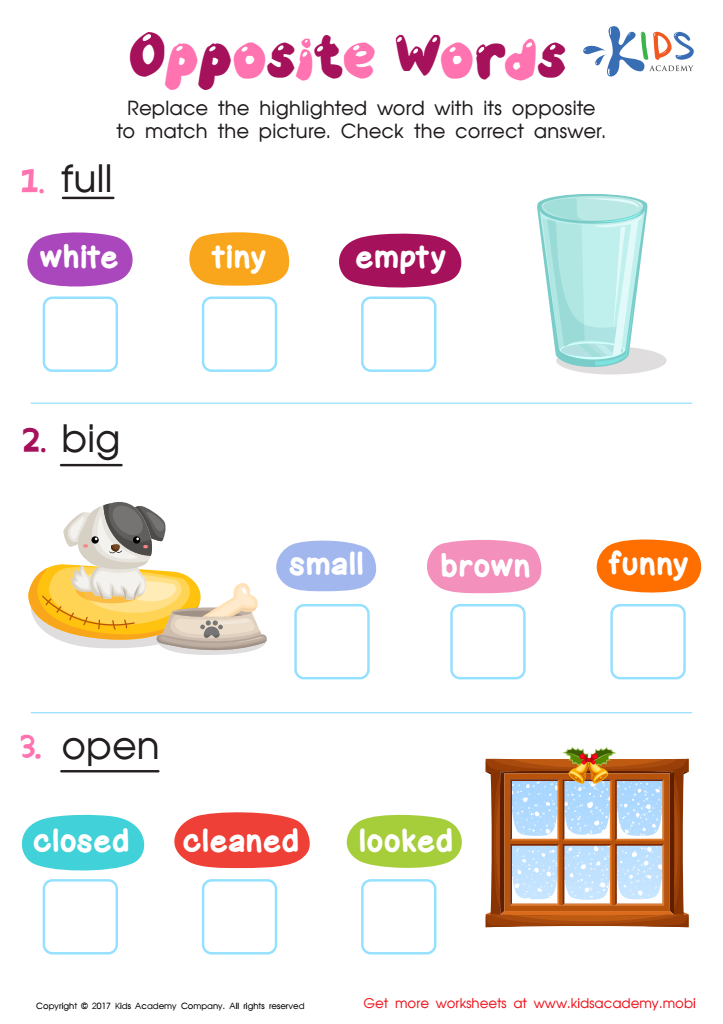

Opposite Words Worksheet
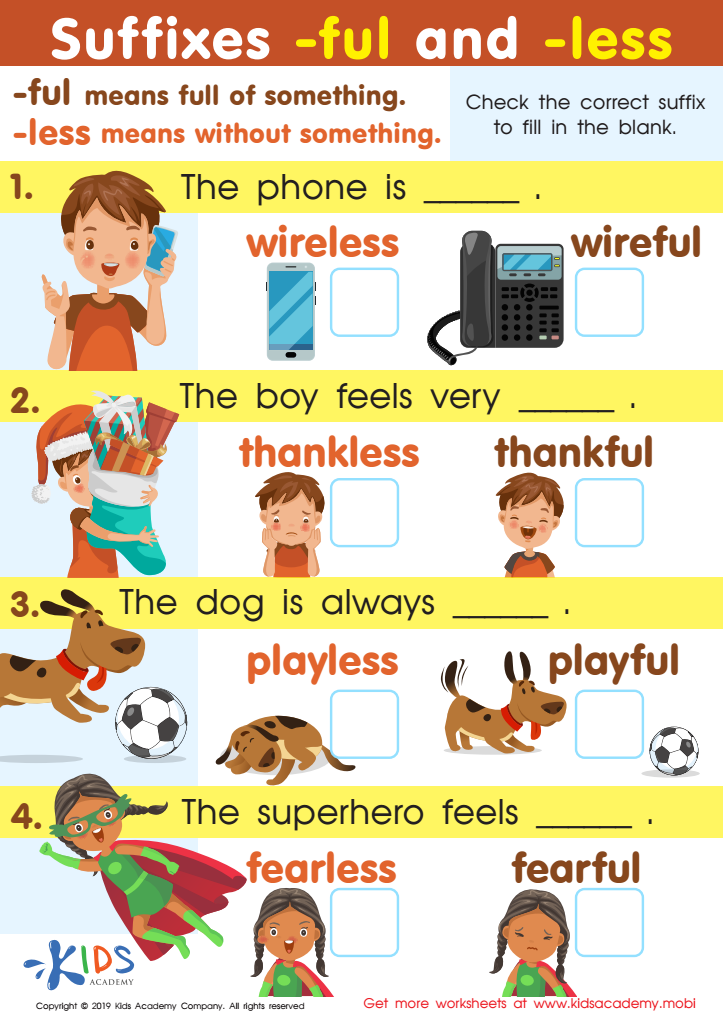

Suffixes –ful and –less Worksheet
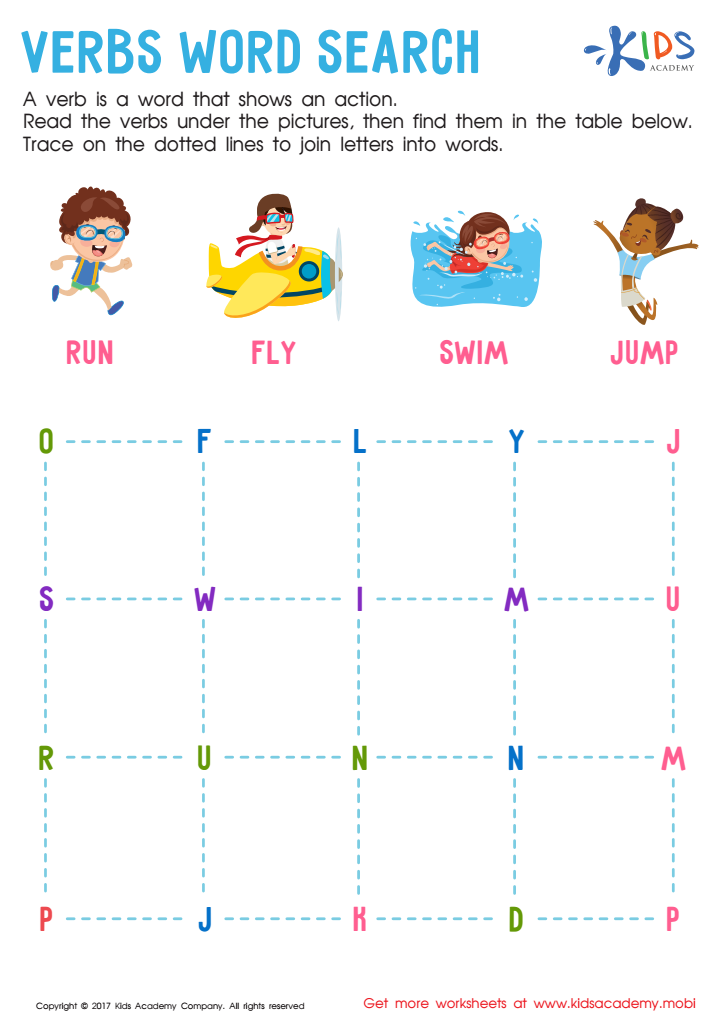

Verbs Word Search Worksheet
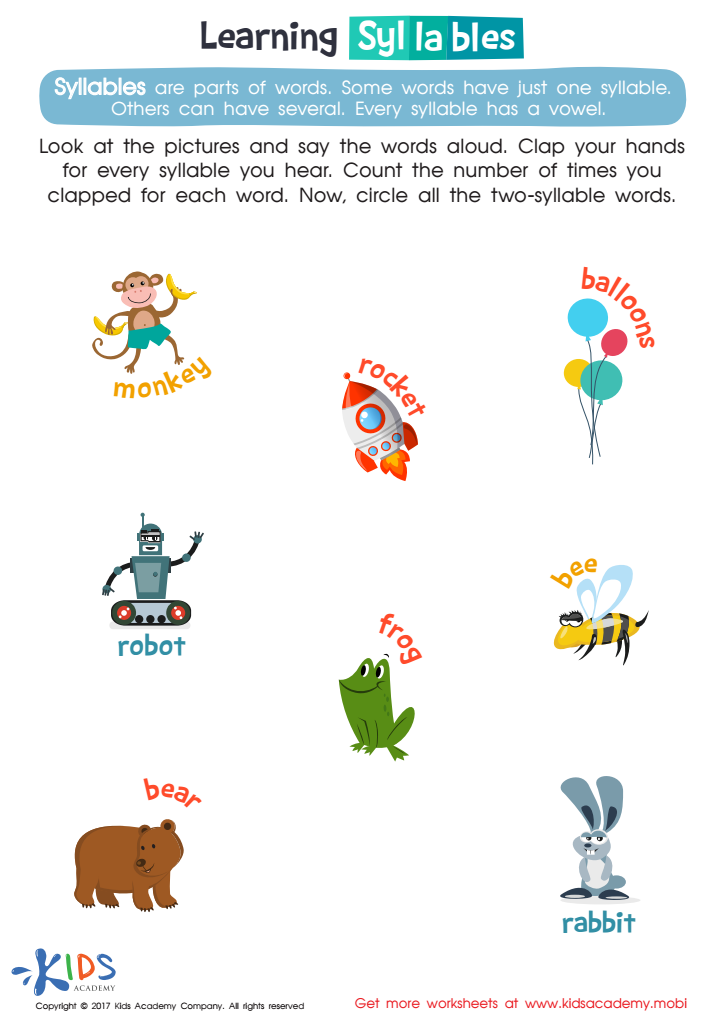

Learning Syllables Word Structure Worksheet
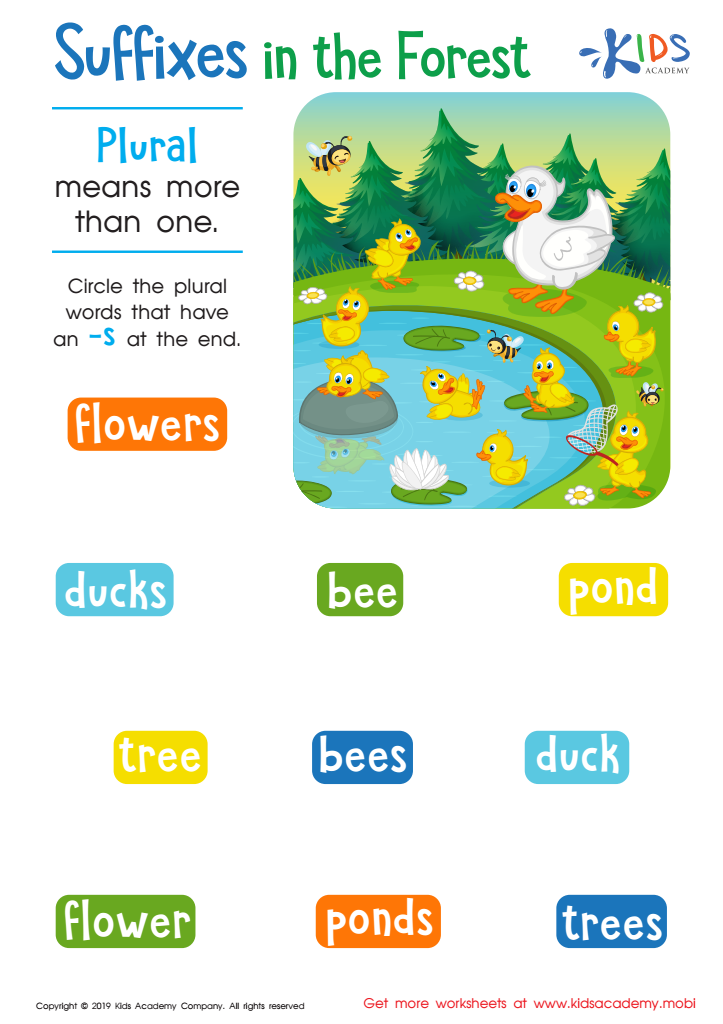

Suffixes in the Forest Worksheet
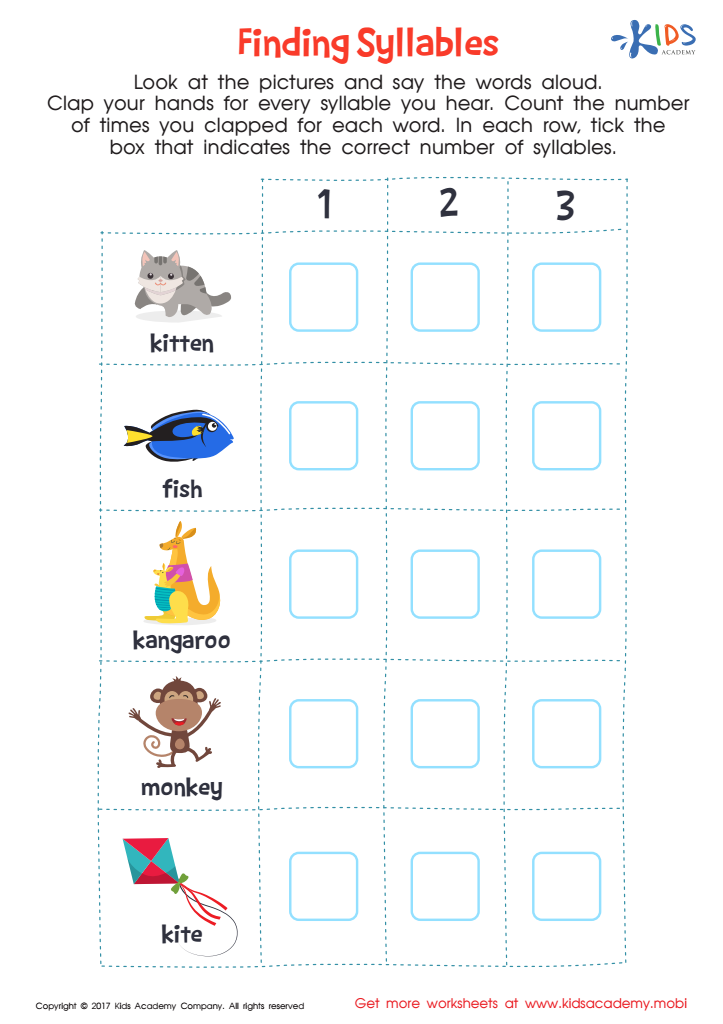

Finding Syllables Word Structure Worksheet
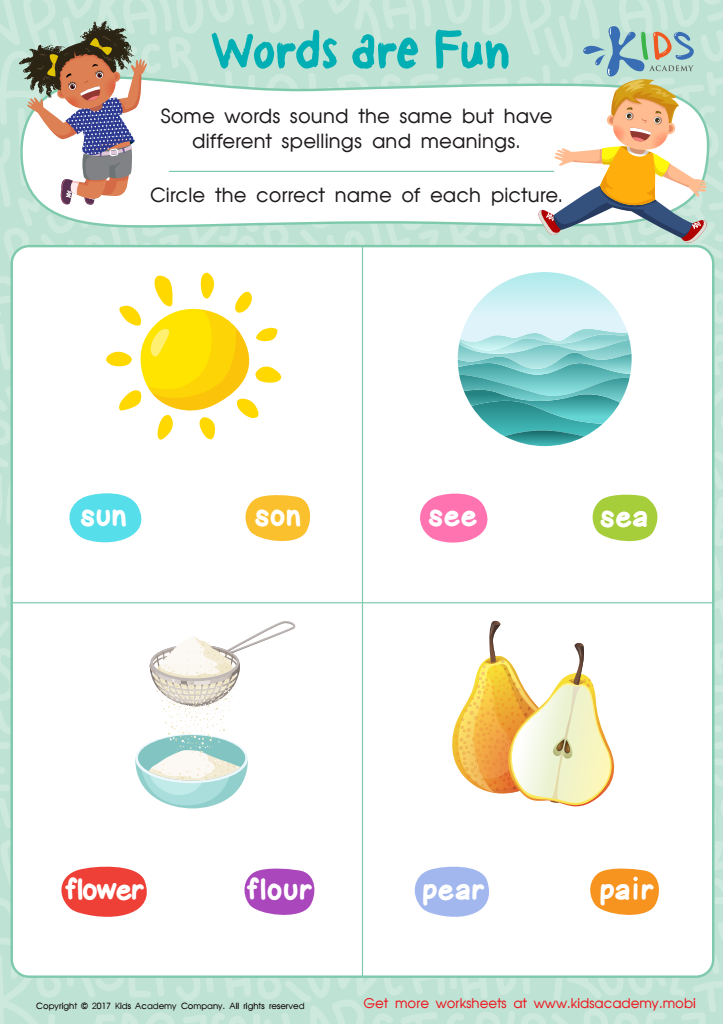

Words Are Fun Worksheet
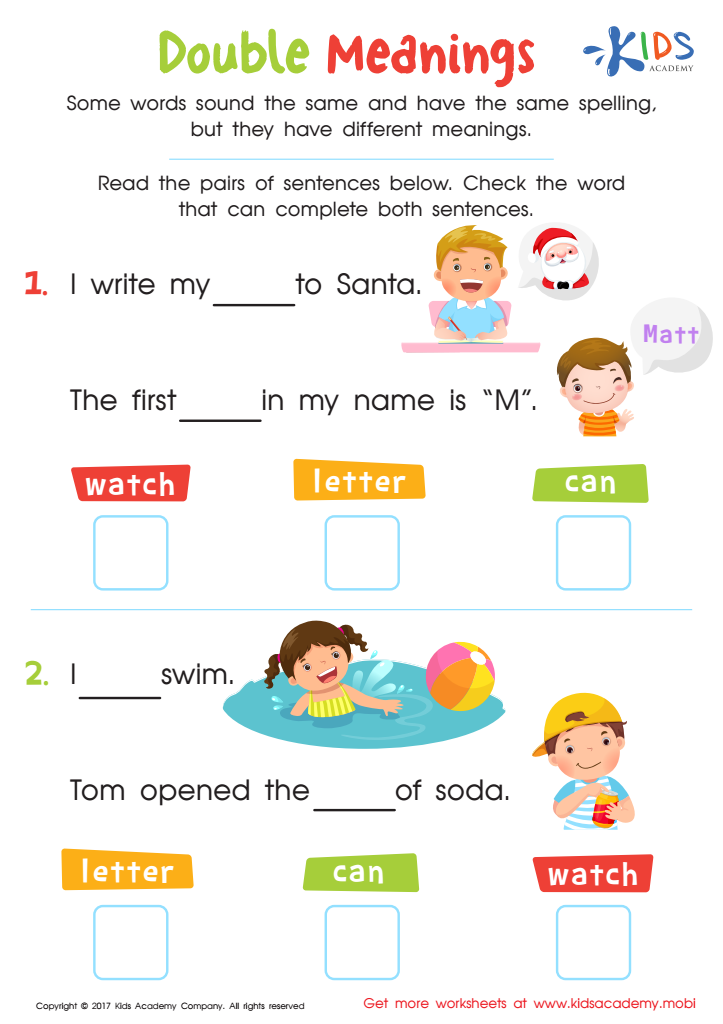

Double Meanings Worksheet
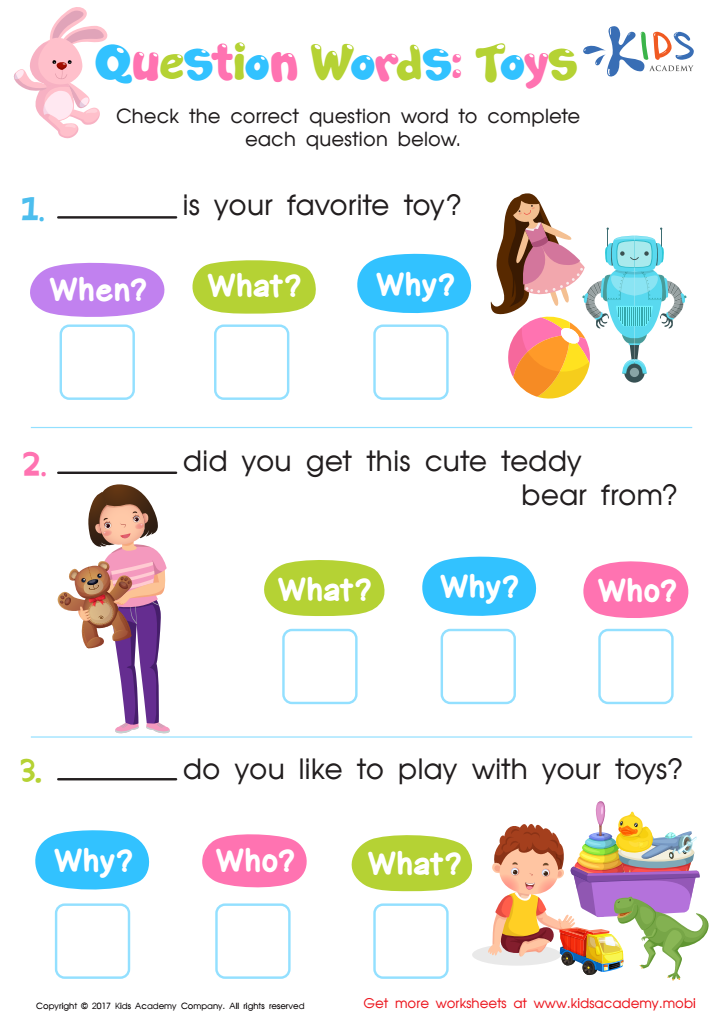

Question Words: Toys Worksheet
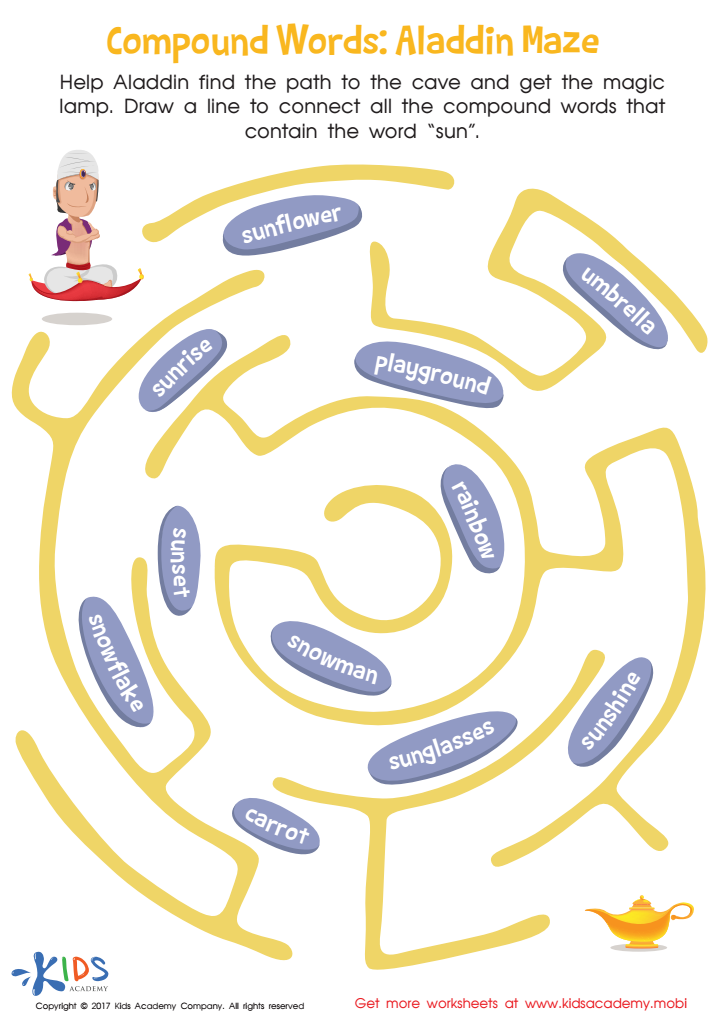

Compound Aladdin Maze Word Structure Worksheet
Vocabulary expansion and grammar development are crucial for 4-year-olds as they lay the foundation for future academic success and effective communication skills. Parents and teachers should prioritize these areas for several reasons:
Cognitive Growth: A rich vocabulary helps children think and express ideas more clearly. It enhances their ability to categorize and conceptualize the world around them, fostering cognitive development.
Academic Preparedness: Strong vocabulary and grammar skills in early years are predictors of later reading achievement and overall school success. These skills enable children to better comprehend what they read and express themselves effectively, impacting all areas of learning.
Social Communication: Effective communication skills help children interact positively with peers and adults. Understanding and using correct grammar facilitates clearer expression of emotions, needs, and thoughts, leading to healthier social relationships.
Confidence and Independence: As children master new words and proper sentence structures, their confidence grows. This sense of mastery encourages them to participate more actively in conversations, fostering independence in learning and problem-solving.
In summary, investing time in expanding vocabulary and understanding grammar for 4-year-olds equips them with essential tools for academic and social success, underpinning their overall intellectual and personal development. Parents and teachers play pivotal roles in guiding and enriching children's early language experiences, setting strong foundations for the future.

 Assign to My Students
Assign to My Students
